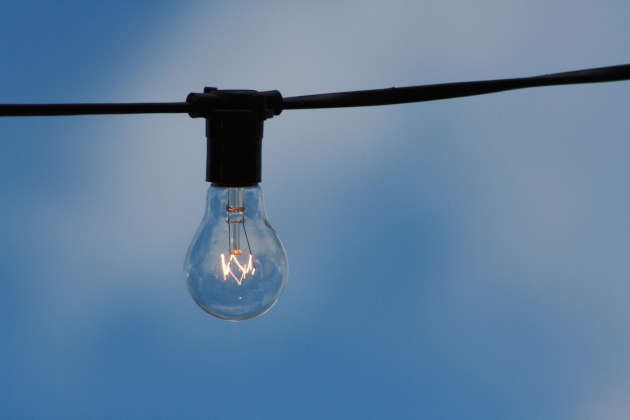
Contents
The EMBA Class of 2016 had the opportunity to learn about energy infrastructure from Dr. Wolsey Barnard, deputy director-general: programs and projects for South Africa. As a member of the Department of Energy, Mr. Barnard is responsible for planning a strategy for meeting the needs of the Republic of South Africa. During his presentation, it became clear that there are some challenges in managing and regulating the energy sector. The focus of the energy sector centers on three main functions: generation, transmission and distribution.
South Africa is rich in natural minerals and resources. Currently coal is the primary resource used in power generation. Availability of energy to the large population of South Africa was 36 percent in 1994 and now stands at 86 percent. There are still many inhabitants in rural areas who are without access to adequate electric utilities. In terms of distribution, South Africa energy is supplied by one primary entity, Eskom, which was established by the government of South Africa in 1932. The DOE sets the regulations and parameters under which Eskom is expected to operate, and there is no reporting structure to the DOE in terms of enforcement. The DOE focuses on what is needed — versus what is provided or supply and demand — as well as development opportunities and the economic impact.
Infrastructure
The infrastructure of the energy platform is a significant issue for South Africa. At any given point, 25 percent of the grid could be under maintenance. The country has experienced a loss of productivity within the pipeline and has implemented drastic measures, such as load sharing, to maintain adequate availability in order to maintain system integrity. To do this, areas were scheduled to lose power for up to several hours at a time. While these measure were for conservation purposes, they had a direct impact on the economy. For example, a factory would shut down a line for a period of time, which affected output and other forms of productivity. Regionally, a breakdown of the energy system would have problems not only for South Africa but also for other surrounding energy municipalities, as capacity is interlinked.
Challenges
Due to issues in supply, the government is taking action to curb consumption. Some of the things include energy switching to gas, which on average has shifted from 2 percent to 18 percent of households. The cost of energy has increased over time as South Africa can no longer claim to be the most efficient provider of energy in terms of the cost passed on to the consumer. Another alternative to combating consumption issues has been direct interface with customers by sending teams to residencies to provide and change out lighting components to more efficient options. Tax rebates of as much as 10 percent have been implemented to encourage people to keep consumption to a minimum.
Opportunities
Other opportunities beyond conservation efforts involve investment in renewable sources, such as natural gas or hydroelectricity. New power-generating plants are being constructed in order to keep pace with demand. The Department of Energy strategically has outlined several principles, such as controlling the cost of energy, increasing access, expanding the supply options, being environmentally responsible and promoting efficiency as its top priorities. All of these will support a energy network that is able to adequately provide the necessary energy resources to keep South Africa on track given its potential as an emerging market.
Read the fourth post about the EMBA Class of 2016 international study tour to South Africa: EMBA Class of 2016 Tour of Eddels Shoes.






